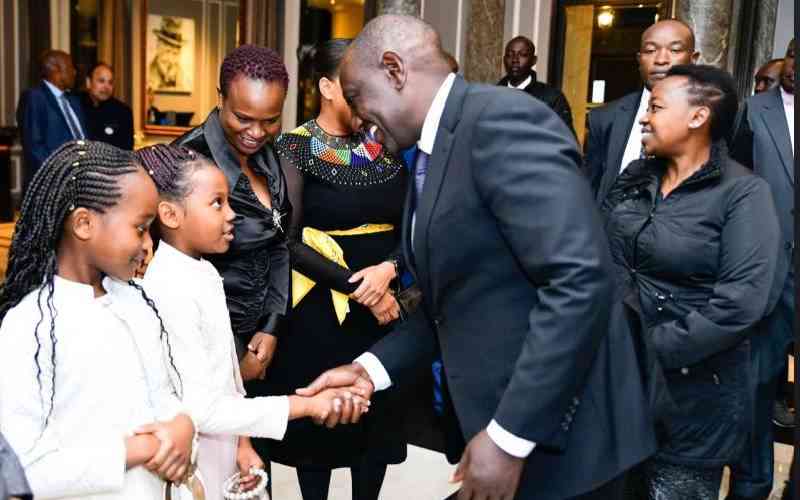×
The Standard e-Paper
Kenya’s Boldest Voice

Regardless of who they voted for, Kenyans of goodwill agree that President William Ruto's success is our collective success.
He promised to turbo-charge agricultural productivity, support the manufacturing sector, build a working housing market, and make universal healthcare a reality.